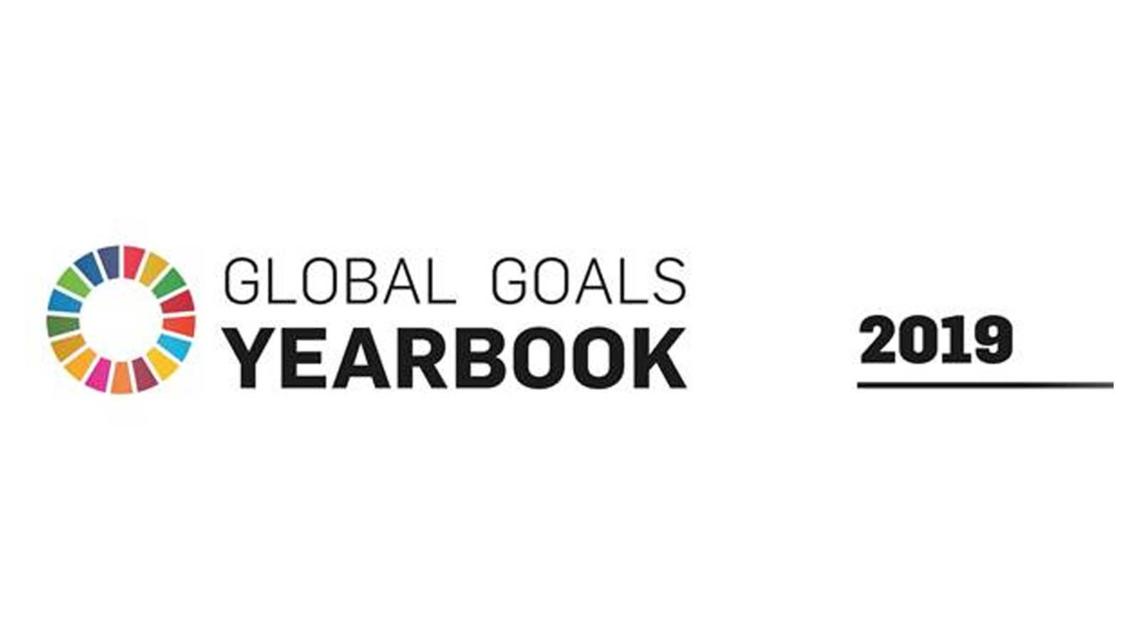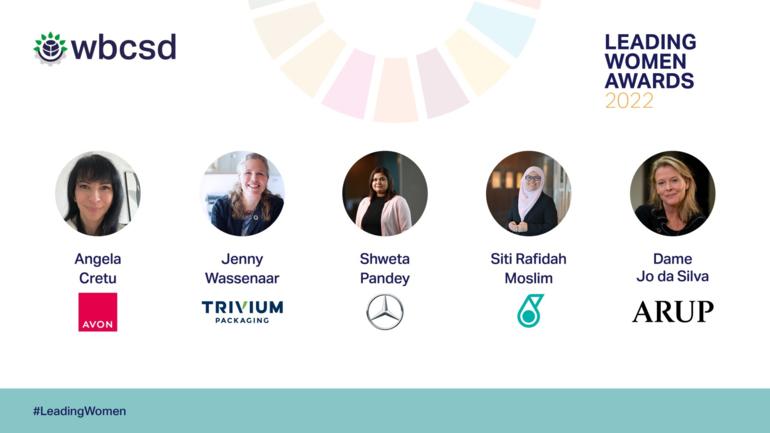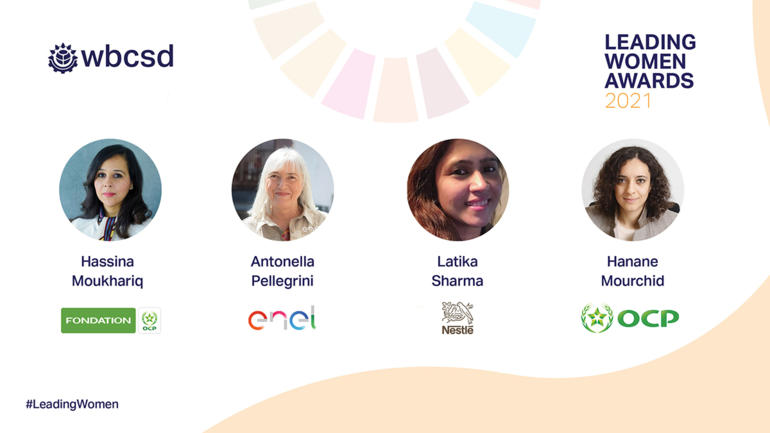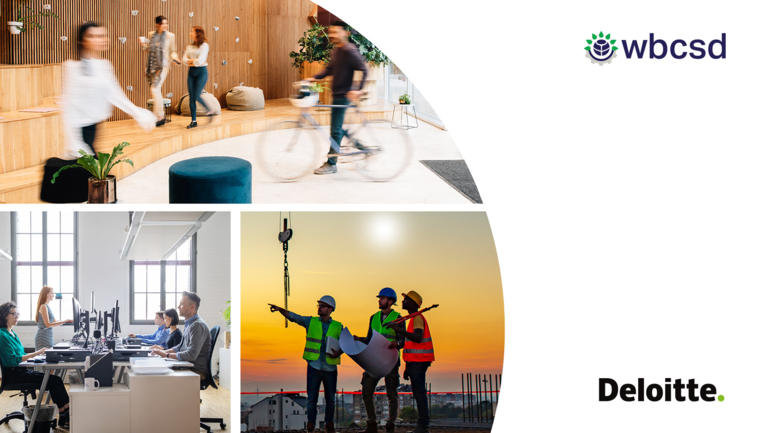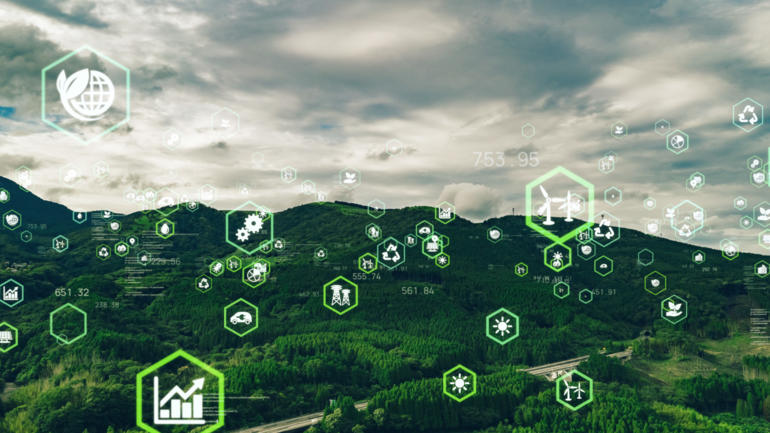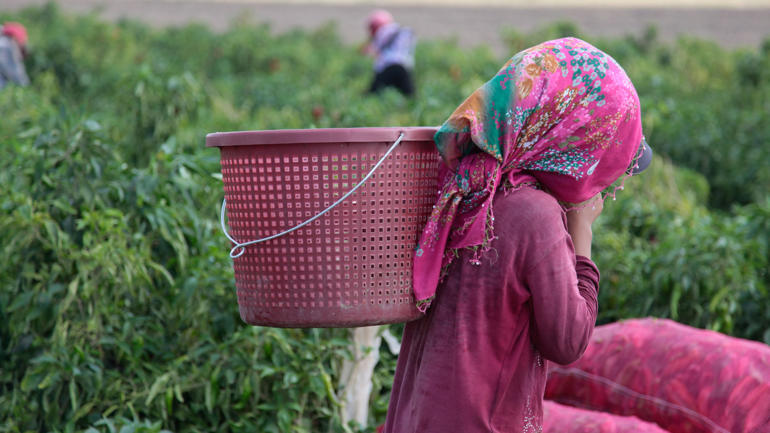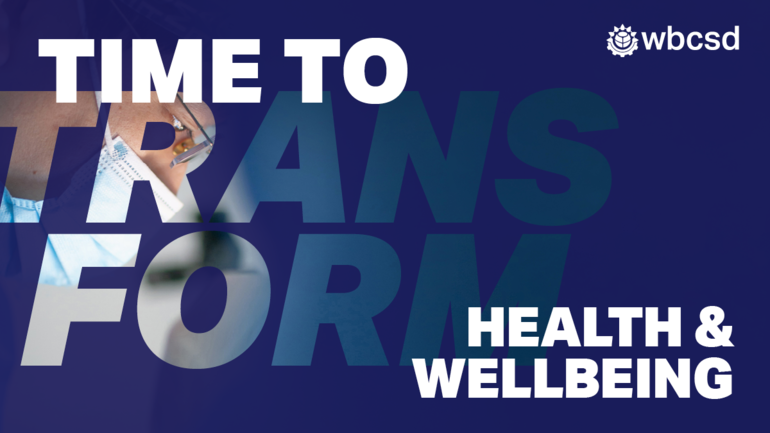Today’s businesses are in the spotlight like never before. Many have had their own visions for sustainability in place for years, with globalization intensifying environmental and societal concerns. But now the world has given us a deadline - 2030 - when we are all to achieve the 17 UN Sustainable Development Goals (SDGs).
Over the next 11 years, business success will be inextricably linked to solving the world’s big societal and environmental challenges.
Magnifying the odds of success
The ambition of the SDGs is well beyond the reach of any company in isolation. The transformative agenda cannot be achieved by “business as usual”, nor by the singular approach of a few disruptive innovations here and there. Whole sectors need to rally around the challenges and think bigger in terms of systems transformation: transforming the key economic systems needed to be able to create a world where more than 9 billion people are all living well and within the boundaries of our planet, by 2050.
Crucially, this is where the bigger business opportunities lie. Consider a global food and agricultural system in line with the Global Goals; one that feeds the growing population, generates higher incomes and restores natural resources and vital ecosystems. This would unlock economic value of more than USD $2 trillion by 2030 and would be much more resilient to climate risk. If we include the other economic systems - cities, energy and materials and health – the opportunity totals USD $12 trillion.[i]
This makes it a commercial imperative for business leaders to work with sector peers to drive systemic change. Industry needs to build coalitions such that each participant in every sector, be it food, energy, or automobile, can pool resources and map their collective route to optimize their contribution on the road to 2030. This in turn helps the sector to collectively strengthen its license to operate, manage operational and regulatory risks and open up growth markets.
The first Sector SDG Roadmap was developed last year by nine of the world’s leading chemical companies who joined forces and worked with the World Business Council for Sustainable Development (WBCSD). The Roadmap gives these companies ten common goals with 18 key opportunities that are aligned with tangible actions, through which they can deliver transformative impact in their industry.
The Forest and Indian Cement sectors have since followed suit with their respective Roadmaps and Oil & Gas have one in the pipeline for next year.
System transformation requires surprising alliances
We also need to galvanize those beyond our own sectors and take action at every level. At Olam, as a food and agri-business, we need to get others to be more sustainable to protect our supply chains - we need energy sectors, transport, construction to be doing their bit on climate change.
Being a member of the Climate Smart Agriculture (CSA) project has helped evolve our thinking around climate change strategies that drive business improvements. Like providing weather stations right across the West Africa cocoa belt for example. For our farmers in Ghana, this new access to weather data means they can time applications of inputs and farm practices with the right conditions, which translates into higher yields and income. As for the business benefits for all involved; food companies get higher volumes and data to inform trading strategies, while chemical companies can more efficiently meet crop protection demands.
Rice growing is another example of where cross-sector alliances are driving real change at country-level. Every year, the production of this staple crop around the world emits the same amount of greenhouse gases as Germany, making it a leading contributor to climate change. But the Sustainable Rice Landscapes Initiative (SRLI) – led by a broad coalition including FAO, UN Environment, SRP, and WBCSD – is focusing on reducing GHGs under the Paris agreement. And the solution is simple; just training farmers on efficient water management can cut methane emissions by up to 70%. Moreover, the farmers can earn up to 20% more this way. The approach allows businesses like Olam to develop replicable, scalable models to deliver tangible change for farmers, for businesses, and for governments.
Having a voice in these alliances is also essential to ensure a strong degree of practicality and relevance to where the focus lies. The very nature of whole system transformation, means that no one can afford to be left behind. This is the rationale for Olam joining the Food Reform for Sustainability and Health (FReSH) project; to balance the conversation around consumer demand with the supply perspective. And now that the EAT Lancet has defined what a sustainable diet looks like, we - along with manufactures - need to start thinking collaboratively about how we produce this.
Comparability is key
When it comes to accounting for our impact, it helps to create consensus as a sector about what is material and the right methodologies. This gives comparability and where there is underperformance, businesses have the support to build corrective actions plans.
For the agriculture and forestry sector, the Cocoa & Forests Initiative, Global Forest Watch and Cocoa Action are just a few examples of valuable industry-wide strategies that provide a clear picture of progress, so we can derive the right pathways for greater impact.
A new standard of competitiveness has stemmed from these reporting initiatives as businesses are increasingly open to reporting on their SDG contributions. Just look at the 575 companies that have signed up to the Science-Based Targets to date.
We know that the SDGs can’t be delivered by efforts from individual companies only. Businesses need to understand how they operate within the broader landscape and then work collaboratively – both within and outside of their sector - to achieve systems transformation that can deliver the necessary impact.
[i] Better Business, Better World
This article was originally published on the 2019 Global Goals Yearbook

